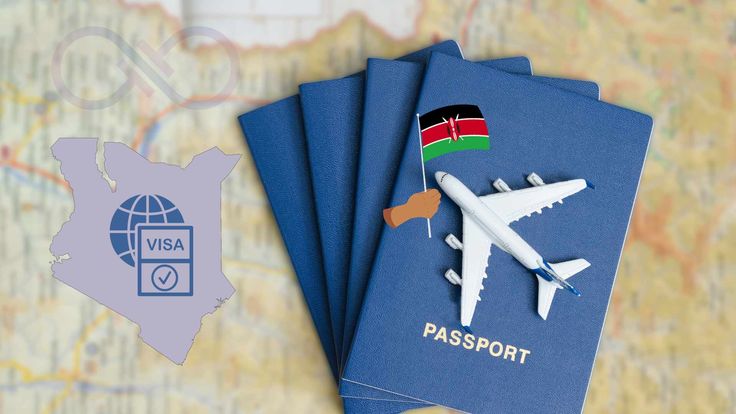By Tobias Ogutu
Many students fail to graduate from various public universities and colleges across the country each year, not because they lack merit, but due to a covert scheme within these higher education institutions. This scheme has persisted for decades and is one of the primary reasons why campus students organize strikes. The operation appears to be carefully orchestrated by the school administration, with the finance department responsible for its execution. Ask any public campus student which department they dislike the most, and 99% will say the finance department.
But why choose the finance department?
They are the implementers of this campus heist, with the learners as the victims.
Currently, at most public universities and colleges, students with outstanding fee balances are prohibited from sitting for examinations. Without completing all examinations, a student is ineligible to graduate. The administration has enforced strict policies requiring a zero-fee balance before a student can sit for any exam. To support this, schools have implemented a system that stores comprehensive student information, including fee payment records. Each student has access to a personal portal where they can view their results, semester units, and fee balance. Only students with a zero fee balance receive an examination card through this portal, which is mandatory for entry into the examination room.
All of this sounds reasonable and well-organized, and any rational person would support the adoption of such a system. However, it is in this system where the fraud occurs. In public universities and colleges, a student may clear all their fees, and the portal will reflect a zero balance—until just two days before the examination. Typically, the fraud happens right before the end-of-semester exams. At that time, a student who had previously cleared all fees and whose portal showed a zero balance will suddenly find a fee balance of three thousand shillings.
Under these circumstances, with little time remaining and the student needing to study, the only option is to urgently call home for the outstanding balance. The parent will hurriedly pay the fees to ensure the child does not miss the examination. Once the payment is received—imagine one thousand students experiencing this system error—the scheme is complete. Students who cannot pay the adjusted fee balance will be locked out of the examination room. Any attempt to appeal through the office of the Dean of Students or other school administration usually proves futile, which is why students often resort to striking.
Recently, in September 2025, Kisumu Polytechnic Students took to the streets protesting against the abnormal fee balance that appeared in their portal without any clarification from the school. The student leader, Silas Adem, complained as he led the students in a strike to let the whole nation know the injustice taking place in Kisumu Polytechnic. According to Silas, the school fee had been adjusted by four thousand shillings in the portal, yet the fee structure reads a smaller amount.
The irony is that despite students petitioning on this injustice for many decades, the concerned ministry has never thought of resolving this problem, but rather has blamed the students for going on strike. This clearly shows that some people in the Ministry of Education are partisan to this campus heist. Now, the plea goes to the judiciary to allow the students to sue the school in case they are prevented from sitting for the examination if the school adjusts the fee balance at the last minute.






